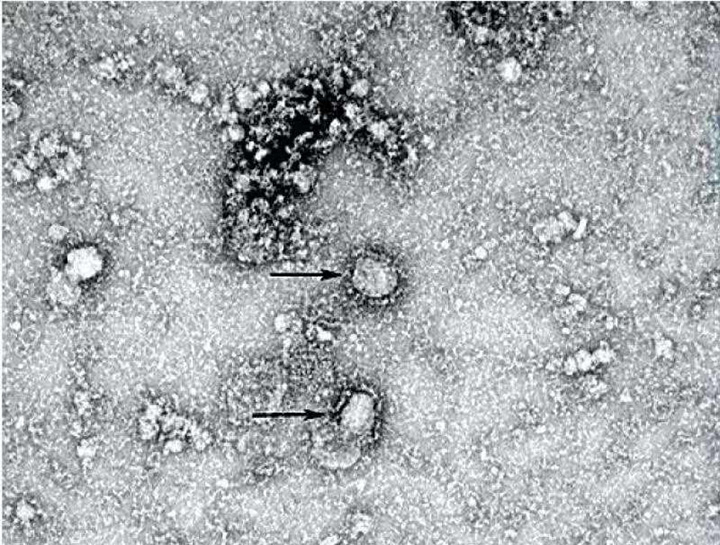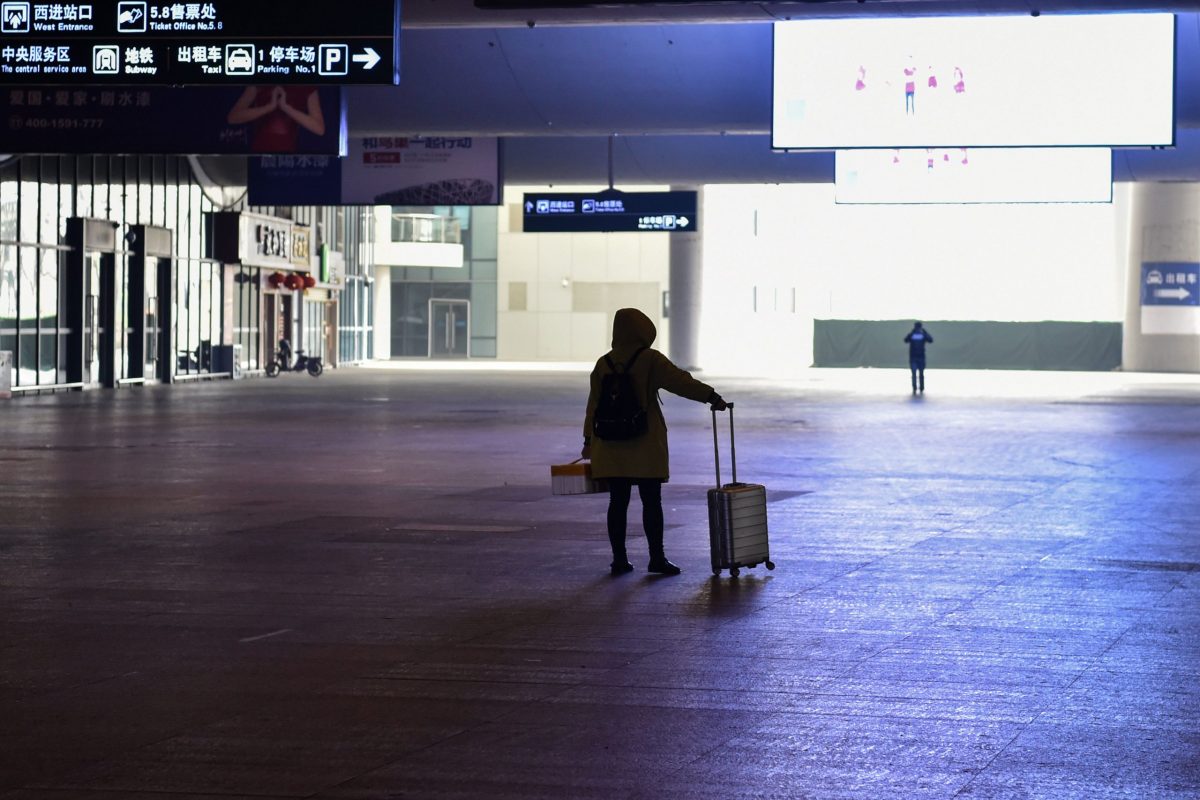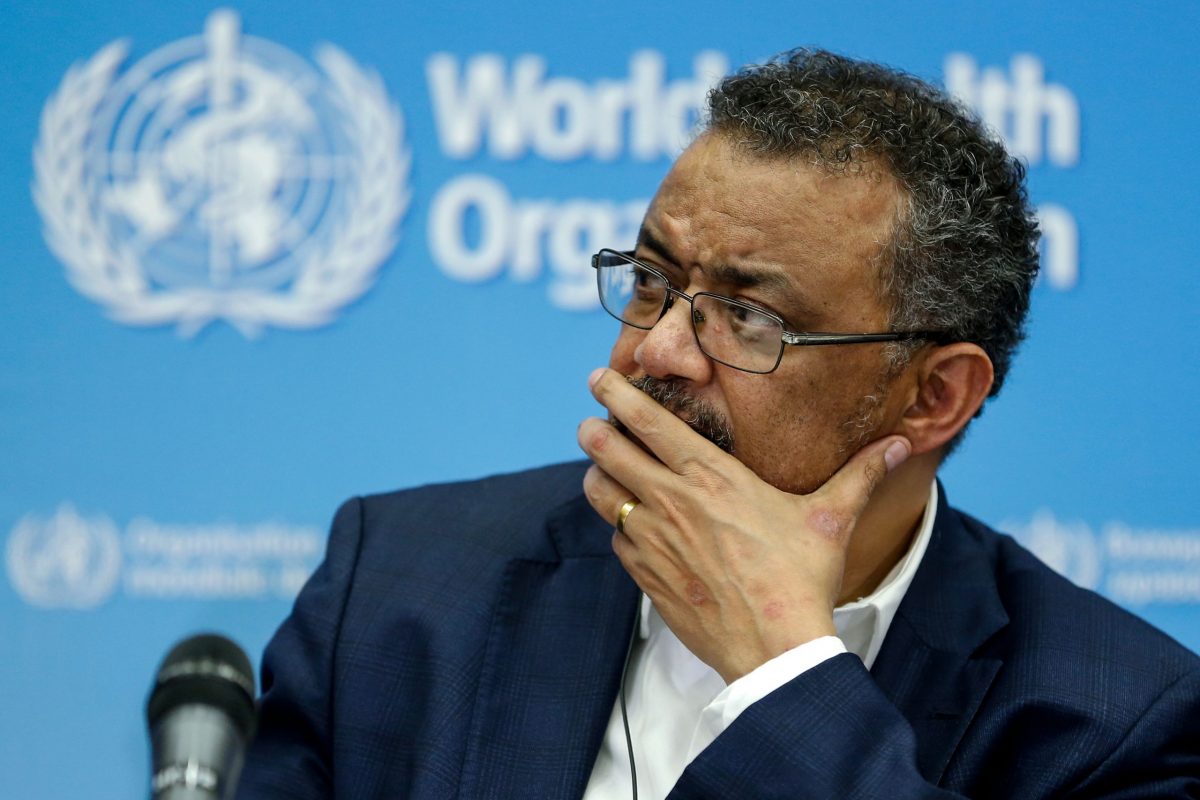A deadly coronavirus outbreak that has prompted China to lock down some 20 million people does not yet constitute an international public health emergency, the World Health Organization, WHO, determined Thursday, January 23, 2020.
“I am not declaring a public health emergency of international concern today,” WHO chief Tedros Adhanom Ghebreyesus told journalists after a two-day emergency meeting in Geneva on the virus.
“This is an emergency in China, but it has not yet become a global health emergency,” he said.
Coronavirus Lockdown: 40 Million Chinese Placed On Travel Ban
China is struggling to contain rising public anger over its response to a spreading coronavirus even as it took unprecedented steps to slow the outbreak, restricting travel for 40 million people on the eve of Lunar New Year.
The government ordered travel agencies to suspend sales of domestic and international package tours after imposing transport curbs on cities near the center of the outbreak.
The turmoil comes as the virus stymies efforts to track infected patients. While the death toll continues to rise — and now includes someone as young as 36 — some infected patients aren’t showing a fever, symptom governments around the world have been using to screen for the pathogen.
The pressure is rising on China as it tries to come to grips with a disease that some fear could rival SARS, which 17 years ago claimed almost 800 lives. While global experts have mostly praised efforts to contain the virus, Chinese citizens are increasingly critical and anxious as travel restrictions grow to encompass a population bigger than Australia.
Beyond the restricted area at the epicenter of the outbreak, major closures took place across the country amid the health fears. Public events to mark the new year were canceled, Shanghai Disneyland announced that it was closing indefinitely, and cinema chains canceled movie screenings. The halt to activity comes during what is usually a peak period for spending, putting China’s economic stabilization at risk.

“This is unprecedented in China, and maybe even in the history of modern health,” said Yanzhong Huang, director of the center for Global Health Studies at Seton Hall University in New Jersey, of the widening travel restrictions. “It’s a tremendous legal, institutional, not to mention logistical challenge.”
The death toll rose to 25, even as the World Health Organization stopped short of calling the virus a global health emergency. The number of confirmed cases in mainland China rose to more than 800 as of Jan. 23, the National Health Commission said in a statement. At least one patient is as young as 10 years old.
Patients with the infection have been found in countries across Asia, including Singapore, Japan and South Korea. Outside the region, the U.S. has reported one case. Chinese tourists spent $130 billion overseas in 2018, so the restriction on package tours could have significant economic ramifications elsewhere.

In China, what should have been a day of celebration and reunion was colored by growing panic and anger. Local media issued sharp criticisms of the slow response from officials in Hubei province, whose capital city is Wuhan, the center of the outbreak. Rumors have spread rapidly on social media, encompassing everything from a shortage of hospital beds to the spraying of disinfectant from planes.
Chinese officials led by President Xi Jinping pledged “all-out” efforts to contain the outbreak this week. The government on Friday vowed to punish officials who delay virus information, with the State Council setting up an online platform to allow the public to report disclosure problems.
For now, China appears willing to let local officials take the brunt of public anger. The country’s powerful internet censors have allowed criticism to fall heaviest on lower-level officials, such as Wuhan Mayor Zhou Xianwang, who has faced calls to resign after he acknowledged on Tuesday that the city “didn’t have sufficient warnings” about the risk.
China’s state-controlled media have also weighed in. A commentary posted by the Communist Party’s People’s Daily newspaper on Tuesday said Wuhan’s statements had “caused panic” while its affiliated Global Times tabloid said the city “failed” to contain the virus early on.
The ruling Communist Party is anxious to avoid a repeat of SARS, during which it was criticized for initially covering up the scale of the problem. Back then, China fired more than 100 officials, including the health minister and the mayor of Beijing, amid allegations that local governments suppressed information about the disease.

Outside of China, the feedback has been more positive. Germany’s health minister said Friday that China is doing a better job with the coronavirus outbreak and the world community is more prepared than during SARS.
“There’s a big difference to SARS. We have a much more transparent China,” Jens Spahn told Bloomberg TV on the sidelines of the World Economic Forum in Davos. “The action of China is much more effective in the first days already.”
At the same time, questions are being raised about China’s ability to effectively screen for the disease. Details of those who have died after contracting the virus showed that several didn’t have a fever, potentially complicating global efforts to check for infected travelers as they arrive at travel hubs.
The lack of fever means that temperature screening — the main method now being deployed at airports to control the outbreak — would fail to pick up on at least some cases.
“The whole airport screening exercise is to simply give people comfort that there is some government action to protect the public,” said Ramanan Laxminarayan, director of the Center for Disease Dynamics, Economics & Policy in Washington, D.C. “It has no real public health utility in the case of coronaviruses. What really matters is surveillance, infection control and isolation.”

While the virus is moving from human to human, a situation that worries public health officials, it appears that close exposure is critical. Most cases have moved from patients to their close family members or to health-care workers who were caring for them.
Most of those who have died had other health conditions, including diabetes and heart disease, that weakened their immune systems. Symptoms include fever, cough or chest tightness, and difficulty breathing.
Additional reporting by Bloomberg







